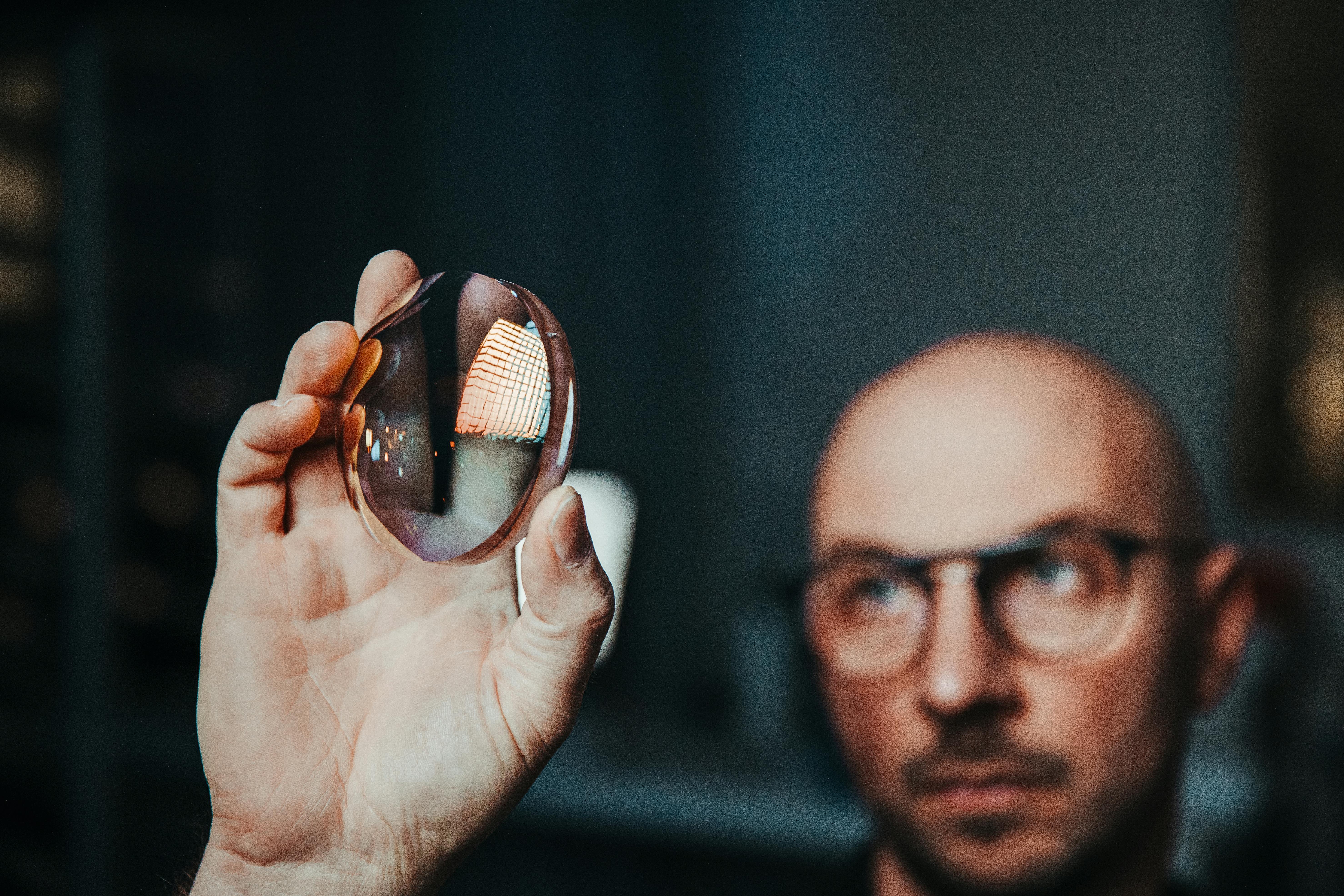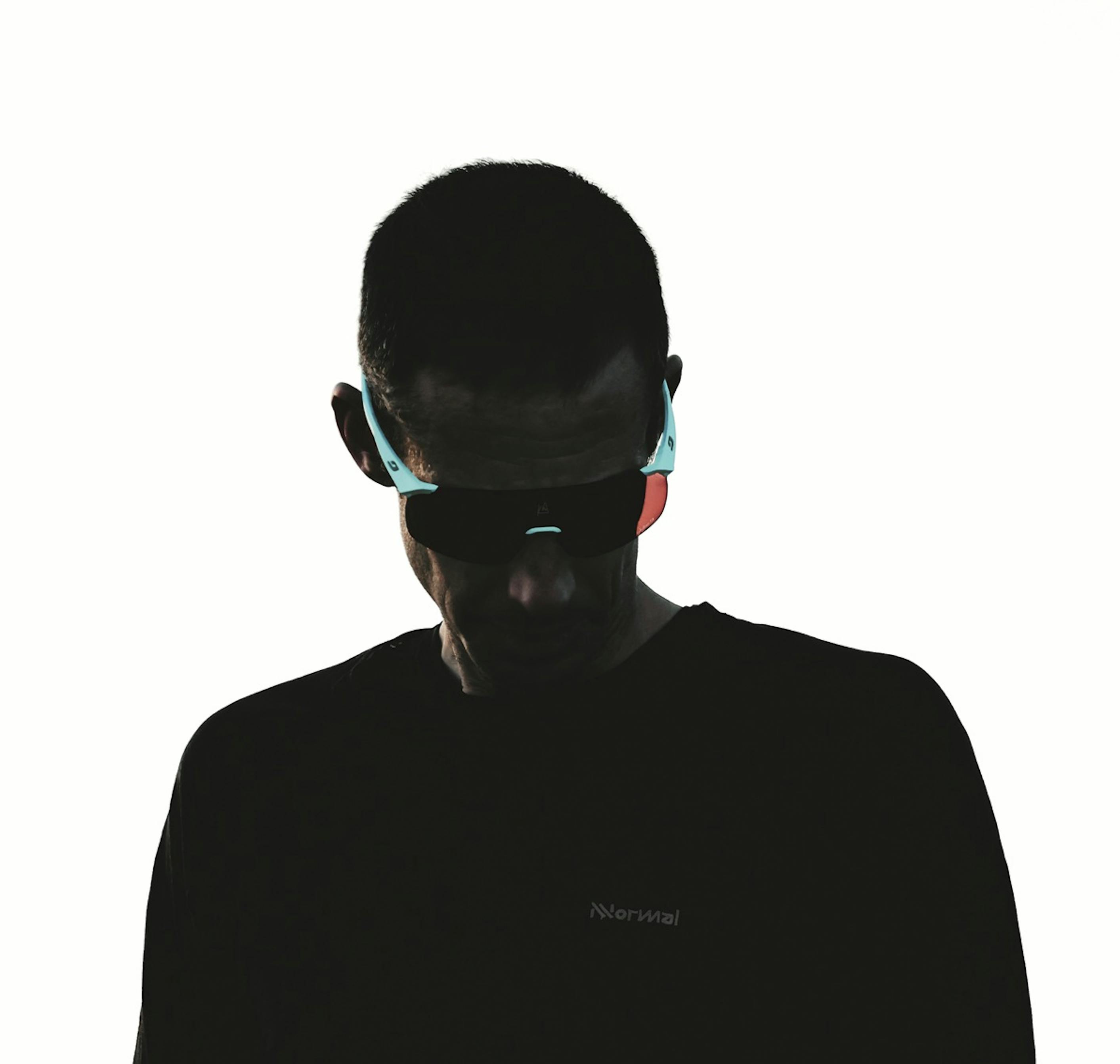Material: Mineral Glass or Organic?
Today, eye protection is a very important topic. Whether you choose to go hiking in the mountains, take a stroll by the sea, or simply for your daily outings (such as driving in bright sunlight), choosing the right pair of glasses is crucial. But more than just the frame, the lenses should also not be overlooked.

For athletes and children, prioritizing quality is mandatory. But how do you choose the type of lens for your sunglasses? To help you see more clearly, we've selected 3 lens technologies within our range: mineral, polycarbonate, and Trivex. Here are some explanations to understand the difference between each of them and make the right choice!
WHY IS CHOOSING A QUALITY LENS IMPORTANT?
Unfortunately, when there's strong sunlight, squinting and pupil contraction aren't effective enough to protect you from UV radiation. This is only useful for reducing light intensity. The only alternative is wearing sunglasses.
Indeed, sunglasses help reduce glare and prevent ultraviolet (UV) rays and blue light from damaging your eyes. This danger, impossible to detect with the naked eye, is naturally present. Note that it's not the tint of your lenses that protects against UV rays, but rather the materials used. The tint is only there to provide visual comfort by partially blocking light intensity.
Finally, sunglasses also provide good protection against external aggressions, such as wind, dust, pollen, or insects.
SUNGLASSES: OUR DIFFERENT TYPES OF LENSES
To choose between a mineral lens and an organic lens, it's interesting to know their different technical and visual characteristics.
MINERAL LENS, THE REFERENCE IN OPTICAL QUALITY
Today, it's not uncommon for natural mineral glass to be replaced by organic glass. However, mineral glass remains the benchmark in optical quality. They are known for their great resistance and offer superior optical quality. Thanks to its specific properties, mineral glass is widely preferred in the design of sunglasses for mountaineers. In this regard, if you're interested, check out our article on how to choose sunglasses for mountaineering.
However, mineral glass still has some disadvantages. Indeed, glasses equipped with it are heavier. Also, they face greater fragility. The risk of breakage being higher, mineral glass isn't recommended for children, for example.
ORGANIC LENS, IDEAL FOR ATHLETES
By definition, a sunglass lens designed for sports must protect against UV rays, outdoor elements that can cause visual discomfort (such as branches, dust, wind, etc.), be lightweight, resistant, and offer very good vision. An organic lens offers advantages close to these. In practice, with unparalleled lightness and extreme comfort, an organic lens is particularly recommended for athletes. But that's not its only use...
Indeed, it's also unbreakable, an essential safety criterion for another use: protecting the eyes of your children/babies from sunlight. Furthermore, from an aesthetic point of view, a nearly unlimited choice of colors and a wide range of protection categories can be applied to it. Also, for those who wish, it's possible to apply a polarizing treatment to an organic lens, like our collection of polarized sunglasses.
On the contrary, an organic lens may be more prone to scratches than a mineral/natural lens. To simplify as much as possible, it should be noted that our "classic" sunglass lenses are made of polycarbonate, while our technical sunglass lenses require a design based on Trivex.
OUR POLYCARBONATE LENSES
Perfectly suitable for all types of sports and all budgets. Lightweight, versatile, and offering very good resistance, Julbo SPECTRON lenses are available in several colors and categories, to offer you a quality organic lens that best suits your expectations. Also, it's possible to apply a multi-layer treatment to our mirrored lenses, which allows for a mirrored effect that matches the frame color, combining style and aesthetics with protection.
OUR TECHNICAL TRIVEX PHOTOCROMIC LENSES
This type of organic lens is of superior quality compared to those seen earlier, notably thanks to its manufacturing based on Trivex. But more than just a material, it's also a completely different manufacturing process that allows for this nuance. Indeed, the lenses are manufactured by casting at moderate temperatures and not by injection, as is the case for polycarbonate glass. Thus, this allows them not to have residual internal tensions. In practice, this is the most advanced material on the optics market, which combines both the advantages of mineral and organic:
- Quality similar to that of a mineral/natural lens,
- Clear image quality,
- Greater strength than polycarbonate,
- Better lightness.
These are the optimal qualities of an organic lens, while benefiting from a manufacturing technique similar to mineral (casting at very low temperatures). The result is incomparable: exceptional stability and transparency in the long term. But also, a featherweight (ultra-light), unbreakable, and resistant to solvents.
Our REACTIV Photochromic technical lenses: specially designed for you! They have been developed to address the main issues related to brightness and its significant variations during sports such as skiing, trail running, or cycling. Thus, you opt for lenses offering both lightness, resistance, and high optical quality. All of this is obviously linked to photochromic and polarizing technologies. Indeed, all the photochromic treatments of our lenses are performed in the mass. Also, the polarizing films are placed in the center of the lens, between two layers, and are therefore protected against any risk of delamination. So, rest assured that you will never lose your protection in case of scratches.
Discover our sunglasses with REACTIV photochromic lenses.






